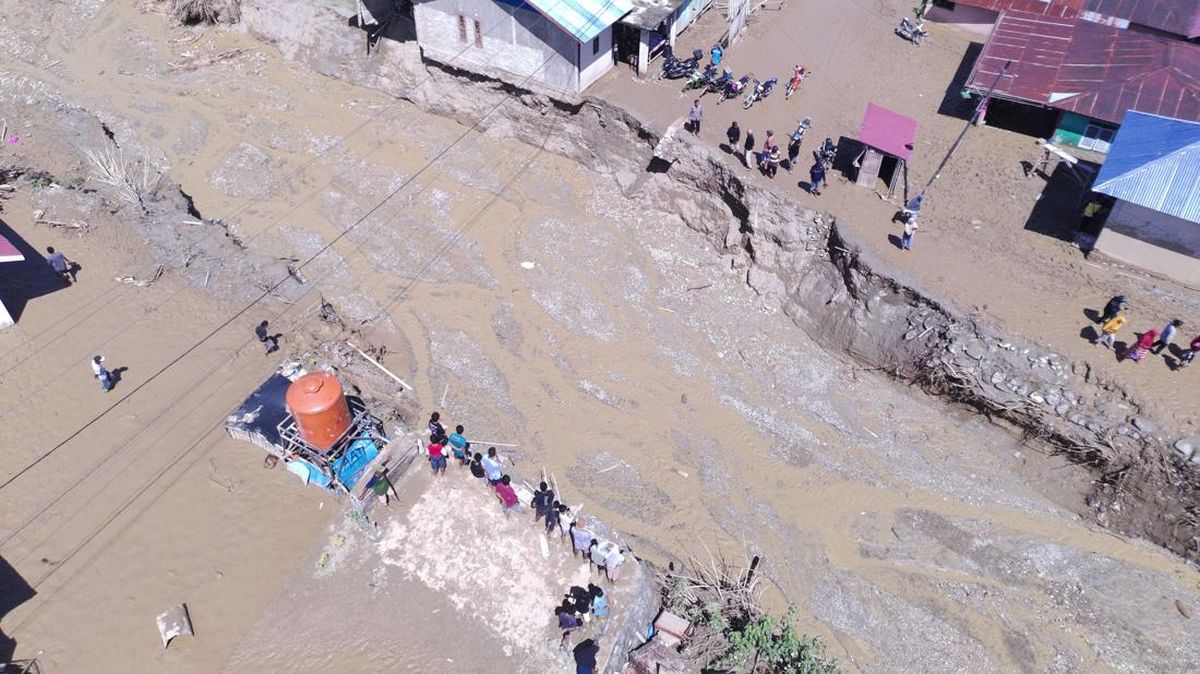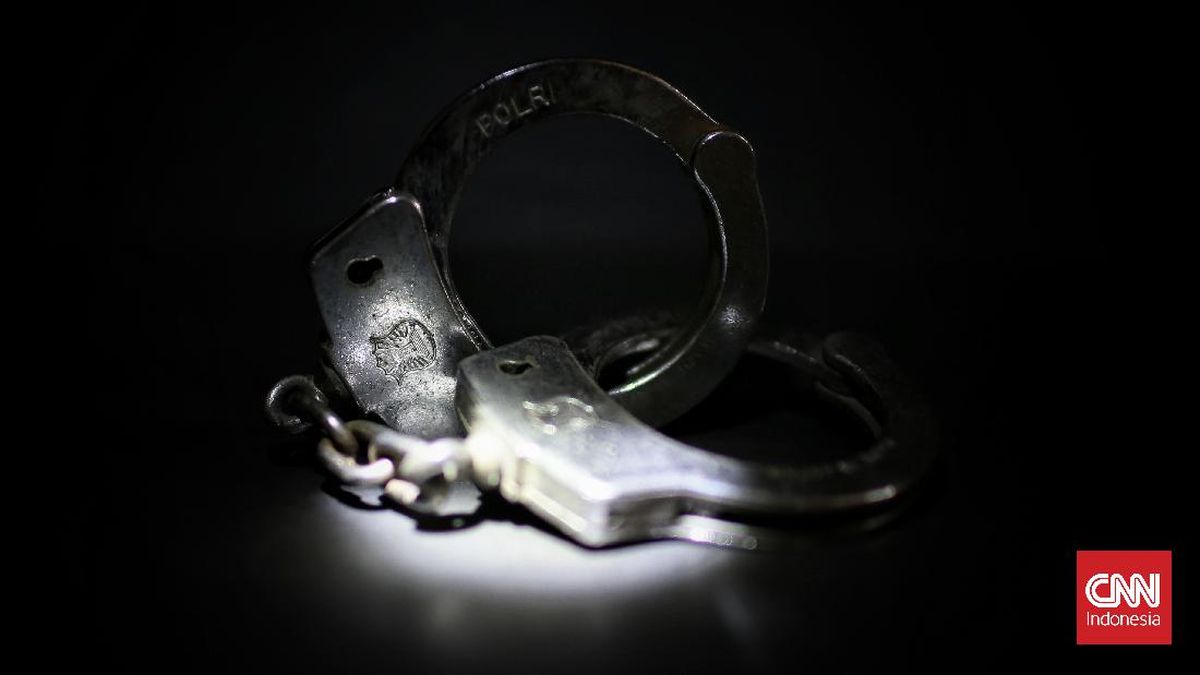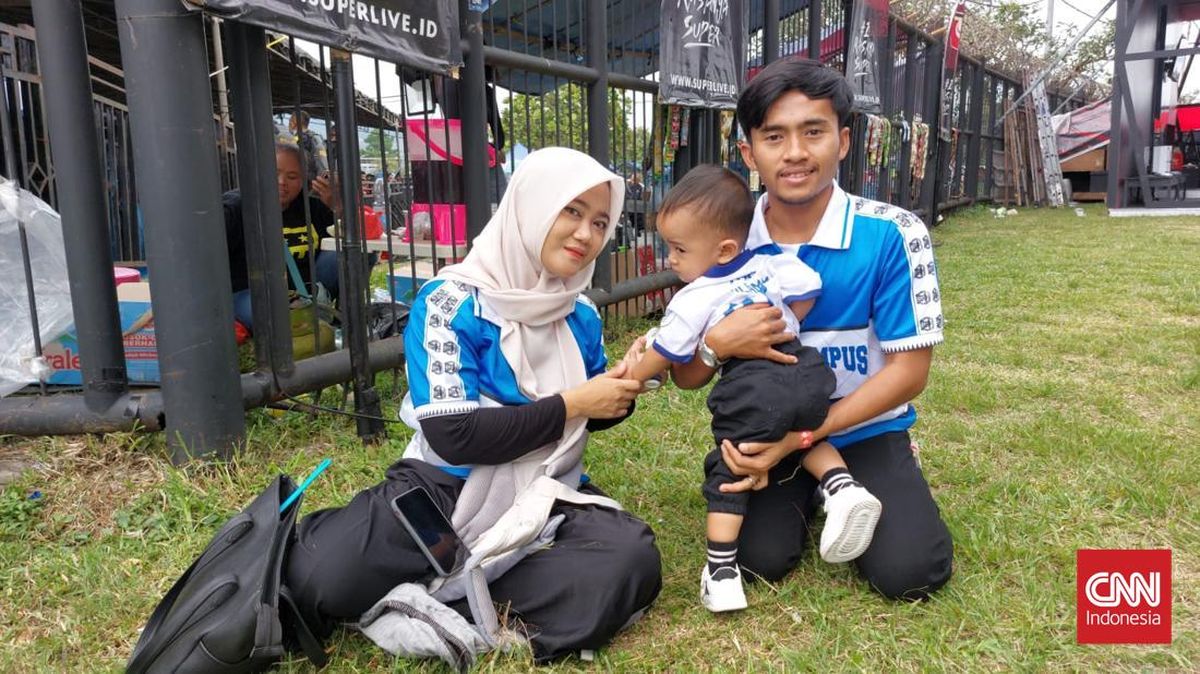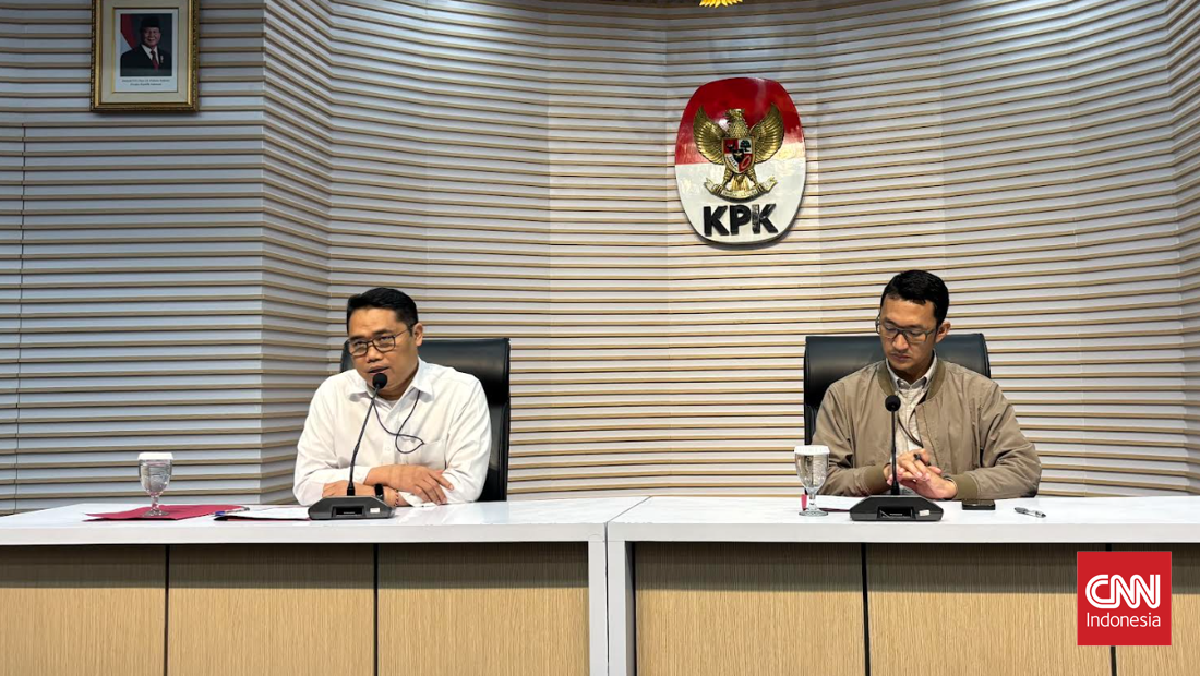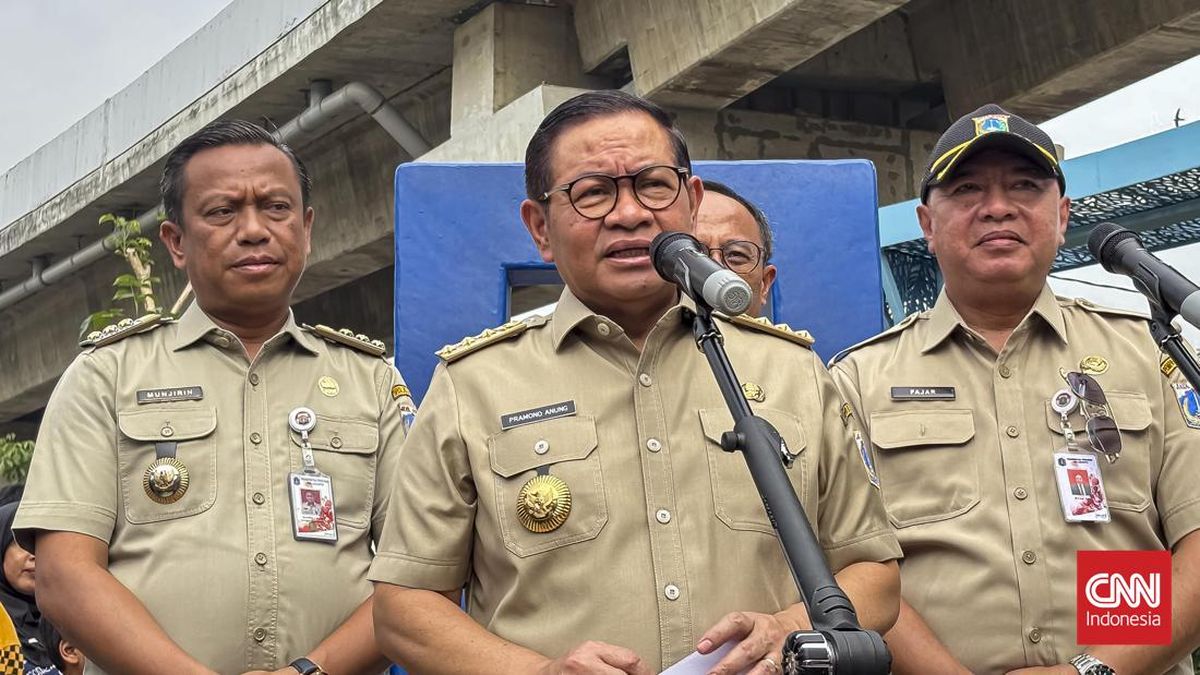Opinion
September 15, 2025 — 5.00am
September 15, 2025 — 5.00am
Debate on Australia’s defence strategy often centres on the budget and the plan to acquire nuclear-powered submarines. Both matter, but an equally critical pillar – partnerships – receives far less attention. The anticipated signing of what Papua New Guinea’s defence minister has called a “mutual defence” treaty underscores this point, highlighting the renewed focus on a neighbour whose security is inseparable from Australia’s own.
The signing of a defence treaty between Australia and Papua New Guinea is expected this as week, when Prime Minister Anthony Albanese will travel to PNG to coincide with the 50th anniversary of the nation’s independence. It will be more than symbolic. It reflects an increasingly close defence relationship built in recent years, including the 2023 bilateral security agreement, major Australian investment in the Lombrum Naval Base expansion in PNG, and deeper co-operation through exercises such as Talisman Sabre.

Deputy Prime Minister and Derfence Minister Richard Marles with Papua New Guinea Defence Minister Billy Joseph at Gallipoli Barracks in Brisbane this year.Credit: AAPIMAGE
Australia and Papua New Guinea have a longstanding relationship, but several factors are driving the renewed security focus. Chief among them is China’s growing influence across the Pacific, particularly in PNG over the past decade. While Australia remains PNG’s largest trading and aid partner, China is now its second-largest trading partner, with major investments in critical infrastructure. Beijing has sought to leverage this economic relationship into security ties, lobbying PNG to sign a security deal in 2023 and a policing agreement in 2024, both of which ultimately stalled. China’s push shows it views the Pacific as a strategic arena, evident in its 2022 security agreement with Solomon Islands.
A Chinese security and, more specifically, military foothold in the Pacific, particularly in PNG, would directly threaten Australia’s interests. It could enable Beijing to cut Australia and the US off from Pacific sea lines of communication, and position missiles or broader military forces within striking distance of Australia. While such a scenario is not an immediate likelihood, it explains why PNG sits so high on Australia’s security agenda, and on China’s as well.
The signing of a defence treaty between Australia and PNG is about more than countering China’s influence. It also recognises PNG’s enduring importance to Australia, both historically and geographically. In World War I, Australia’s first naval casualty, Able Seaman Bill Williams, died on September 11, 1914 at the Battle of Bita Paka in PNG, Australia’s first military operation as a nation.
Loading
For its part, PNG needs significant investment to modernise its defence capabilities. Despite releasing a defence white paper and national security policy in 2013, resourcing shortfalls have limited progress, prompting Port Moresby to seek partners, signing security agreements in 2023 with Australia, the US and the UK. While it is not yet clear how this week’s expected treaty will build on the 2023 Framework for Closer Security Relations, it will undoubtedly elevate the relationship further.
PNG Defence Minister Billy Joseph has described it as a “mutual defence treaty” enabling a “totally integrated force” with the Australian Defence Force, with a consultation requirement similar to NATO’s, obliging the two countries to consult when their territorial integrity, security, or political independence are threatened. Other reports suggest it may also pave the way for PNG citizens to serve in the ADF.
While the 2023 security agreement between Australia and PNG already contained a clause on security consultation, the new treaty may strengthen this commitment, which serves both countries’ interests. A mutual defence treaty would typically imply an obligation to respond to an attack on either party, akin to NATO’s famed Article 5: an attack on one is an attack on all. Whether this treaty will go that far remains unclear, but the possibility is significant.
Equally notable is the discussion of force integration. Integration is better understood as a spectrum rather than a binary choice. Full integration would imply a common command-and-control framework to direct units from either military, common training, interoperable equipment, and the sharing of highly classified information. That is an ambitious goal that remains unlikely in the near term. Still, steps toward deeper co-operation include Colonel Boniface Aruma’s appointment as Deputy Commander of Australia’s 3rd Brigade in January 2024. While “full integration” may be out of reach, greater interoperability and shared structures mark positive progress for both countries.
Loading
There has also been considerable discussion about allowing PNG citizens to join the ADF, and vice versa, an initiative that could strengthen integration through cultural affinity and mutual understanding. While this is widely expected to feature in the treaty, it carries challenges. A flow of PNG personnel leaving their own defence force for higher paid roles in the ADF would risk undermining Port Moresby’s military capacity. A better path is unit-level integration, such as PNG patrol boats under Australia’s joint headquarters, a model scalable across the Pacific.
It is encouraging to see two partners, which have at times taken each other for granted, taking meaningful steps towards closer defence ties. The signing of this treaty represents the most significant upgrade in the relationship since PNG’s independence. While it is unlikely to amount to a full mutual defence pact or a fully integrated force, it is a clear sign that Australia’s regional defence strategy is beginning to bear fruit.
Jennifer Parker is a defence and national security expert associate at the ANU’s National Security College. She has served for more than 20 years as a warfare officer in the Royal Australian Navy.
Most Viewed in Politics
Loading

